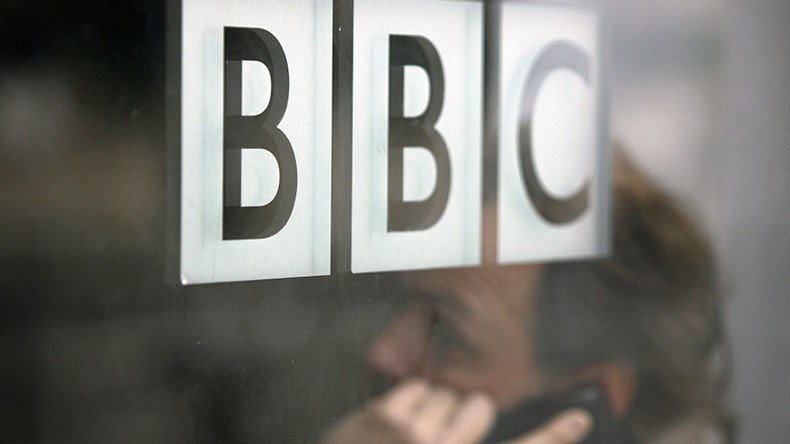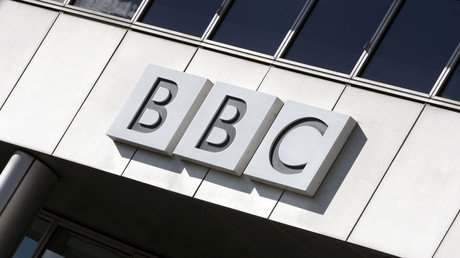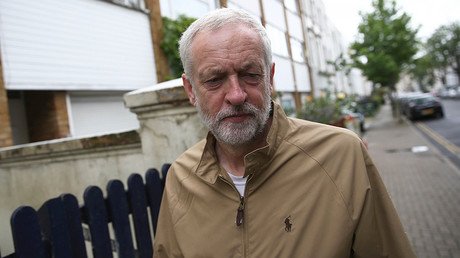BBC has ‘high dependency’ on governing Tories for ‘often misleading’ statistics

The BBC relies on the governing Conservative Party for almost three-quarters of the information it cites from politicians, according to a report by the broadcaster’s governing body.
The BBC Trust report, Making Sense of Statistics, investigated the way the BBC reported figures, including looking at specific issues such as migration, health and the junior doctors’ strike.
It found the BBC relies on politicians in general for citing statistics, accounting for 21 percent of all sources of figures in the period examined.
“The content analysis demonstrates that there is an especially high number of political figures providing statistical information on [the] BBC,” the report says.
It added that the BBC shows a “high dependency on the governing party for statistics,” with Conservative politicians representing nearly three-quarters or 73 percent of the references.
“It is reasonable to expect the BBC to cover statements which the UK or devolved governments make,” the report said.
“However… it does make it vital that those statements are challenged where necessary so that the impartiality of the BBC’s coverage of political affairs is not affected.”
The report gave an example where the BBC quoted government claims that nearly 3,000 operations had been cancelled when junior doctors in England took part in a 24-hour strike over pay and conditions. The BBC sometimes included limited context around the statistic, and it was not until much later in its coverage that it started to qualify the figure by adding that 92 percent of operations would actually go ahead, the report says.
It also said the corporation’s journalism needed to do more than “go beyond the headlines” and be more wary of reporting figures “straight from a press release.”
It said presenters should be in a better position to challenge numbers, especially when interviewing guests.
“We came across many examples where statistics were used erroneously or in misleading ways by guests on programs and were not challenged by presenters,” the report said.
“Overall” the BBC’s commitment was impressive, it conceded.
“The public trusts the BBC to do it well, and we found that they often do a very good job - but it is frustrating that they don’t do this consistently,” the report said.
The BBC has recently been accused of bias against Labour Party leader Jeremy Corbyn, by giving more air time to his critics than his supporters.
The broadcaster has also faced claims it may not be checking journalistic conflicts of interest and impartiality among its staff.














